Reviewed by Julianne Ngirngir
Walking into the digital wallet revolution sounds exciting until promotional notifications start cluttering your experience. Apple's been pushing the boundaries of what a digital wallet can do, but sometimes those boundaries push back. When 9to5Mac reported that Apple Wallet in iOS 26 has a toggle that lets you disable an annoying and controversial type of push notifications, it highlighted a tension many iPhone users have been feeling. Apple's goal with Wallet is clearly to eventually replace your physical wallet—which sounds great in theory, but the execution has hit some bumps along the way.
The controversy stems from Apple's decision to send promotional notifications directly through the Wallet app, particularly when Apple's Wallet app sent push notifications to iPhone users promoting an Apple Pay offer for F1. While the deal offered savings of $10 on purchases of two or more F1 tickets, many users aren't thrilled to get advertised to through their Wallet app. This backlash has prompted Apple to take action with iOS 26.
Here's what's really significant about this controversy: it reveals Apple's fundamental challenge in monetizing their digital wallet ecosystem. Users have grown accustomed to thinking of the Wallet app as a utility—a secure, neutral space for their financial instruments and identity documents. The moment Apple introduced promotional content, they violated that implicit trust relationship. This isn't just about unwanted notifications; it's about the delicate balance between platform utility and revenue generation. Apple's decision to build a toggle system rather than simply stopping promotions altogether signals that they see advertising as integral to Wallet's long-term business model.
What exactly is Apple fixing in iOS 26?
The solution is refreshingly straightforward. In iOS 26, Apple has the fix users have been asking for. In the notifications menu inside Wallet, there's a new toggle: Offers & Promotions. Here's the catch though—it's on by default, but you can disable it to prevent any future unwanted advertising from the app.
The process to disable these notifications is simple: Open the Wallet app, tap the three-dot icon in the upper right, press on Notifications, and toggle off Offers and Promotions. What's particularly revealing is that the 'Offers & Promotions' notification type that can be turned off isn't included in iOS 18, making this a genuinely new feature for iOS 26 users.
It's worth noting that the new toggle in Wallet for disabling notifications is only available for iOS 26 beta testers currently, but it will roll out to all users when iOS 26 officially launches.
What this implementation strategy tells us about Apple's approach is fascinating. By making promotional content opt-out rather than opt-in, Apple is betting that most users won't bother to find and disable the toggle. This is classic behavioral economics—the default choice becomes the majority choice. It suggests Apple expects promotional notifications to be a significant revenue stream, worth the risk of user friction during the transition.
Beyond notifications: What else is new in iOS 26 Wallet?
Apple isn't just addressing user complaints—they're significantly expanding Wallet's capabilities in ways that reveal their true ambition: becoming the comprehensive identity hub for your digital life. Apple Wallet will support US passports in iOS 26, with adding your US passport to Wallet enabling you to use it as an ID at TSA checkpoints, in apps, and in person. This represents a major step toward Apple's vision of replacing physical wallets entirely.
Think about the strategic implications here. By securing passport support, Apple is positioning itself as the gatekeeper for international travel verification. This isn't just about convenience—it's about creating irreplaceable dependency on the Apple ecosystem for fundamental life activities.
Travel gets a comprehensive reimagining too. In iOS 26, digital boarding passes are set to get better than ever with new boarding pass features including Live Activities, Airport maps, and Luggage tracking with Find My. These aren't just incremental improvements—they're transformative integrations that turn your boarding pass from a static ticket into an intelligent travel companion.
The AI-powered order tracking represents perhaps the most sophisticated leap forward. Apple Wallet can now identify and summarize order tracking details from emails sent from merchants or delivery carriers in iOS 26, though the new feature requires Apple Intelligence. This means you'll need an iPhone 15 Pro or later to get the upgraded order tracking experience.
What makes this AI implementation strategically brilliant is how it creates a hardware upgrade incentive while delivering genuine utility. Apple is essentially making older devices feel obsolete not through artificial limitations, but through compelling new capabilities that require advanced processing power. It's a masterclass in planned obsolescence that actually benefits users.
Privacy and security: The foundation that makes it all work
Apple's expansion of Wallet capabilities raises important questions about data handling, but their privacy architecture reveals why they're uniquely positioned to become the trusted identity platform. Apple Wallet provides a convenient, secure way to add and present your ID card using just your iPhone or Apple Watch, with the privacy and security features that are built in to your device helping protect your identity and personal information.
The privacy architecture is genuinely impressive and strategically differentiating: Once added to Apple Wallet, your ID information is encrypted on your device, so others, including Apple, can't access it unless you choose to present it. Even more importantly, your presentment history is encrypted and stored only on your device, and Apple doesn't retain any presentment information that can be tied back to you.
This privacy-first approach isn't just good ethics—it's brilliant competitive strategy. While companies like Google and Meta have built business models around data collection and targeted advertising, Apple can offer identity services precisely because they've established a model that doesn't require harvesting user data. This architectural choice enables trust at a scale that advertising-dependent platforms simply cannot match.
When it comes to data sharing during setup, Apple's transparency is calculated and strategic. Apple has temporary access to specific information during the ID setup and verification process, but the subset of data from your ID is deleted from Apple servers right after sending your request to the issuing authority. This approach balances security verification with privacy protection while demonstrating technical capability to handle sensitive data responsibly.
The bigger picture: Wallet as an identity hub
What we're witnessing with iOS 26 isn't just feature expansion—it's the emergence of Apple as a digital identity platform that could fundamentally reshape how we interact with institutions, services, and each other. The Apple Wallet is now brimming with features that will revolutionize the way users manage their finances due to its iOS 26 update, moving well past being just an additional tool for making payments.
The technical infrastructure supporting this transformation reveals Apple's long-term competitive moat. Apple's NFC & SE Platform marks a pivotal shift in how secure, contactless services can be developed on iOS, with third-party apps now able to build hardware-backed NFC experiences natively on iOS. This opens up possibilities far beyond what Apple alone can build while maintaining their control over the security layer.
The supported use cases paint a picture of comprehensive digital life integration: Transit, Automotive, Hospitality & Smart Access, Enterprise & Education, Loyalty & Ticketing, and future roadmap includes Government ID. We're looking at a future where your iPhone becomes your universal key—for your car, office, hotel room, subway system, and government services.
Consider the market dynamics this creates. Once users store their passport, driver's license, credit cards, office access, and travel documents in Apple Wallet, switching to another platform becomes extraordinarily difficult. Apple isn't just building features; they're constructing switching costs that could lock users into their ecosystem for decades.
The implications extend beyond individual convenience to institutional power. Apple is positioning itself as the essential intermediary between individuals and every organization they interact with. Banks, airlines, hotels, employers, and government agencies will increasingly need to integrate with Apple's platform to serve iPhone users effectively. This level of institutional dependency represents unprecedented platform power in the mobile era.
What this means for your daily digital life
Bottom line: iOS 26 represents Apple listening to user feedback while simultaneously executing one of the most ambitious platform expansion strategies in tech history. After you update to iOS 26, you can ensure no future promotional notifications get sent from your digital wallet app, addressing the immediate concern that sparked controversy. But the real story is how comprehensively Apple is reimagining what a digital wallet can be—and what that means for their competitive position.
The integration of AI-powered features, expanded identity verification, and enhanced travel capabilities suggests we're entering a new phase where your phone becomes your primary interface with institutional authority. In iOS 26, the Wallet app is gaining support for saving full credit card details, including the full card number and expiration date, and iOS 26 provides the option of paying with installments through Apple Pay using partners like Affirm.
For frequent travelers, these changes represent genuine transformation. Imagine navigating international airports with your passport, boarding passes, and luggage tracking integrated into a single, intelligent interface that proactively provides relevant information. The AI-powered package tracking means your phone will automatically organize delivery information from your email without manual input. These aren't just convenience features—they're examples of technology that genuinely reduces cognitive load in our daily lives.
However, there are strategic implications users should consider. As Apple Wallet becomes more central to daily life, questions about platform dependency become more urgent. What happens if you want to switch from iPhone to Android after storing years of identity documents and financial instruments in Apple's ecosystem? The convenience comes with increasing lock-in effects that may limit future choice.
PRO TIP: When iOS 26 launches, approach the new features strategically. Disable promotional notifications immediately—they're on by default and represent Apple testing the waters for future monetization. But don't overlook the genuinely transformative capabilities, especially if you travel frequently. The passport support and enhanced boarding pass features could fundamentally improve your travel experience. For the AI-powered package tracking, remember it requires an iPhone 15 Pro or later, so factor this into any upgrade decisions. Most importantly, consider the long-term implications of storing more of your identity in Apple's ecosystem—the convenience is real, but so is the platform dependency.




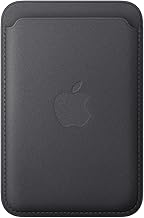


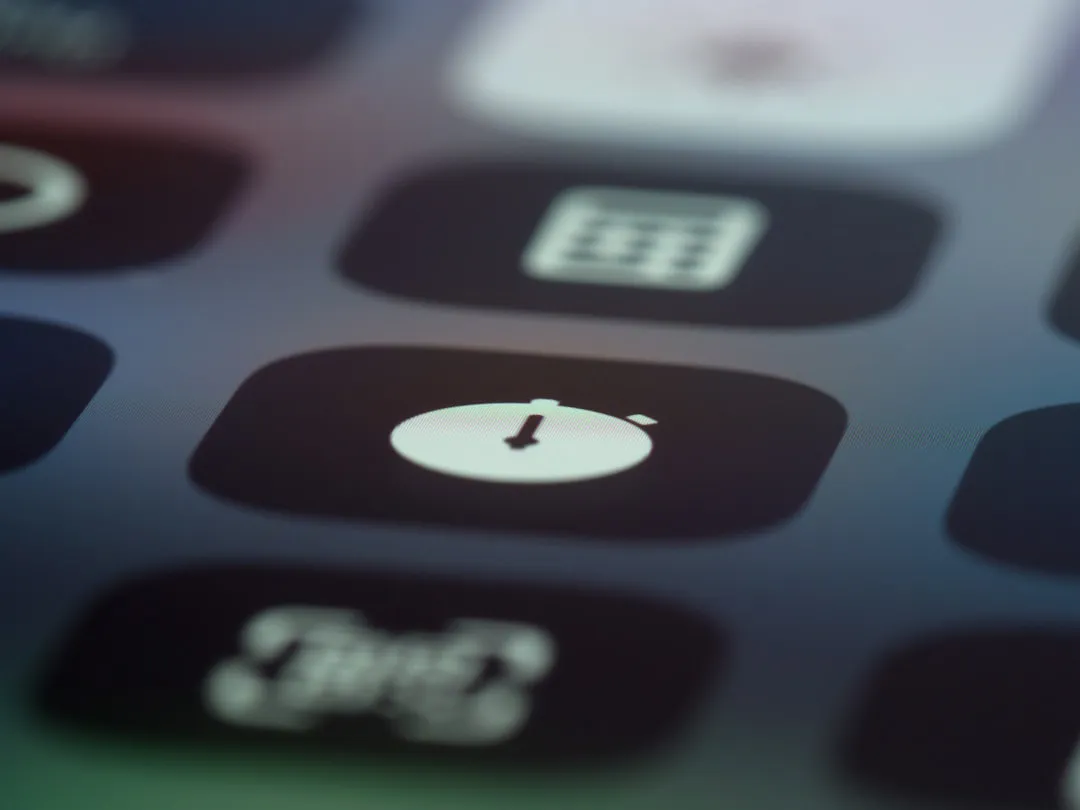


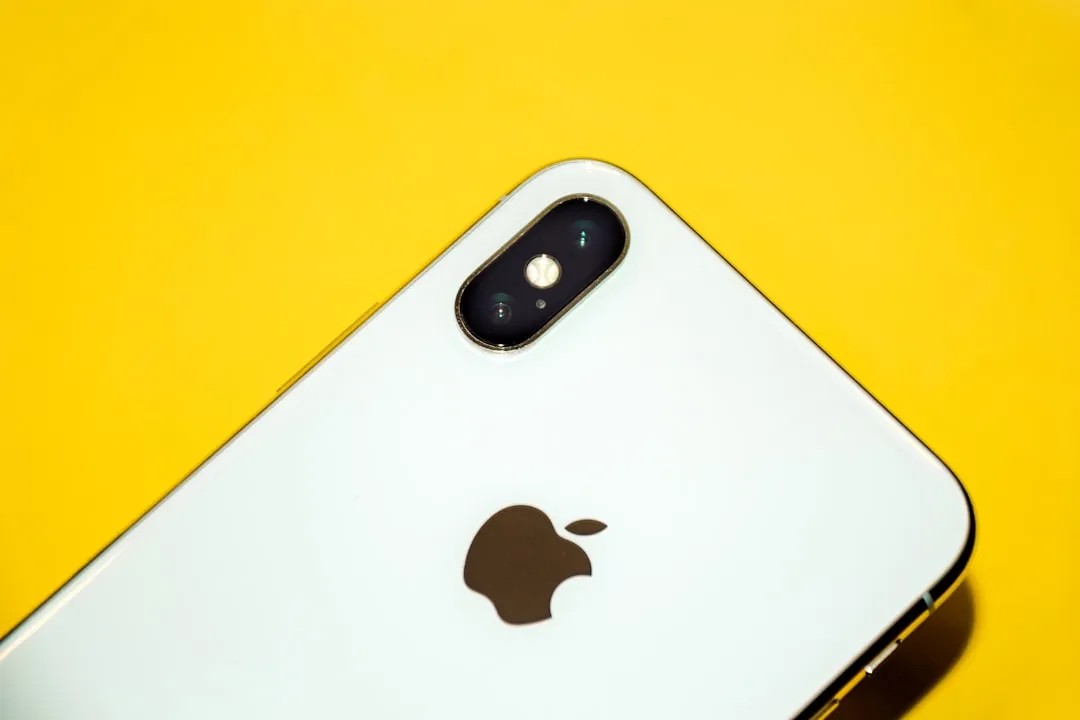

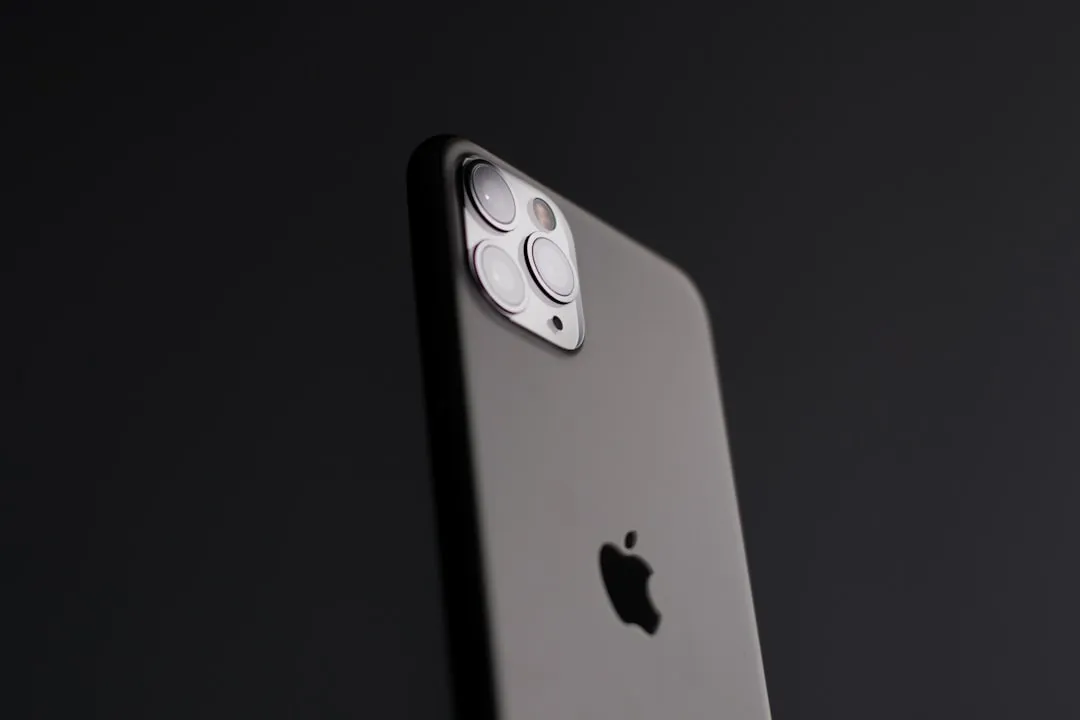


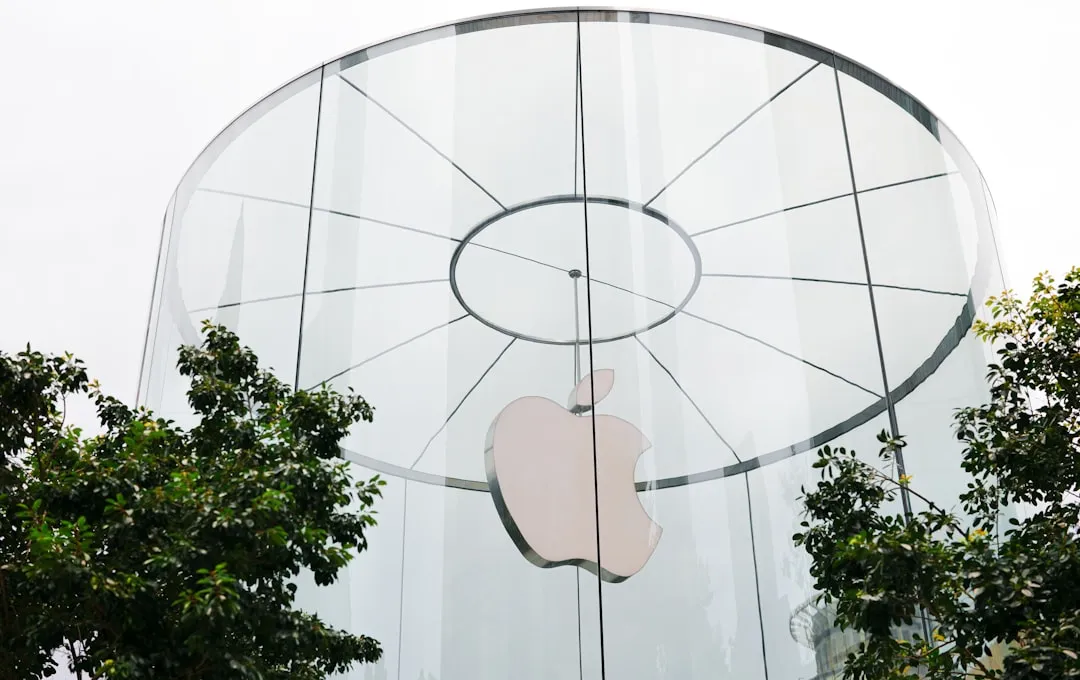
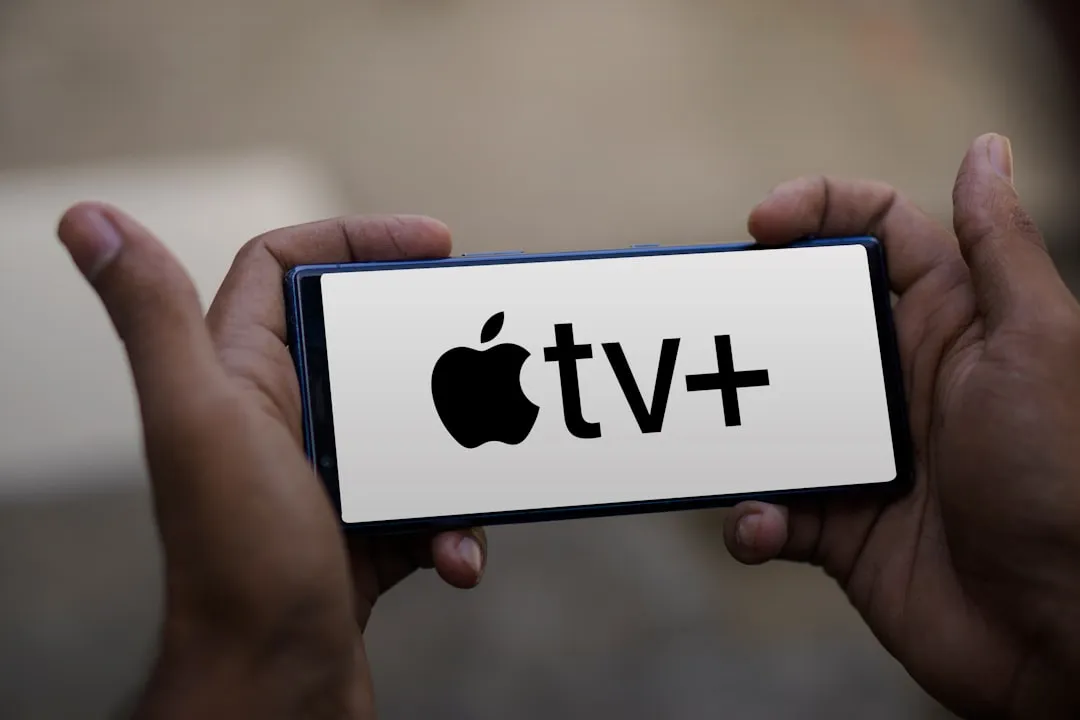
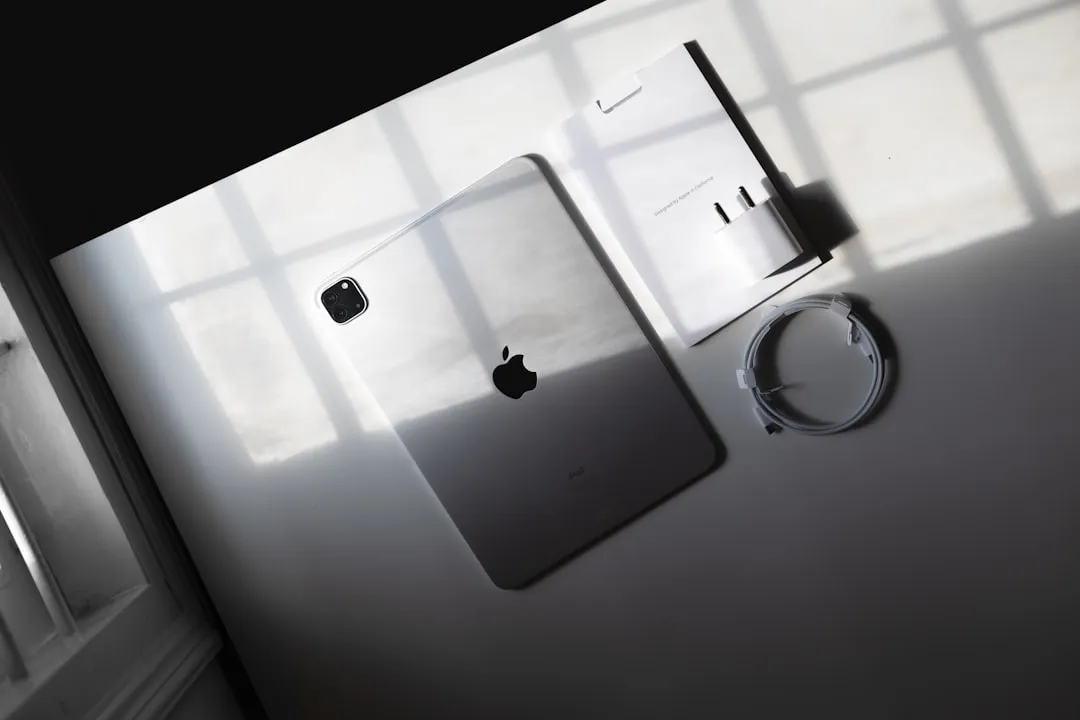

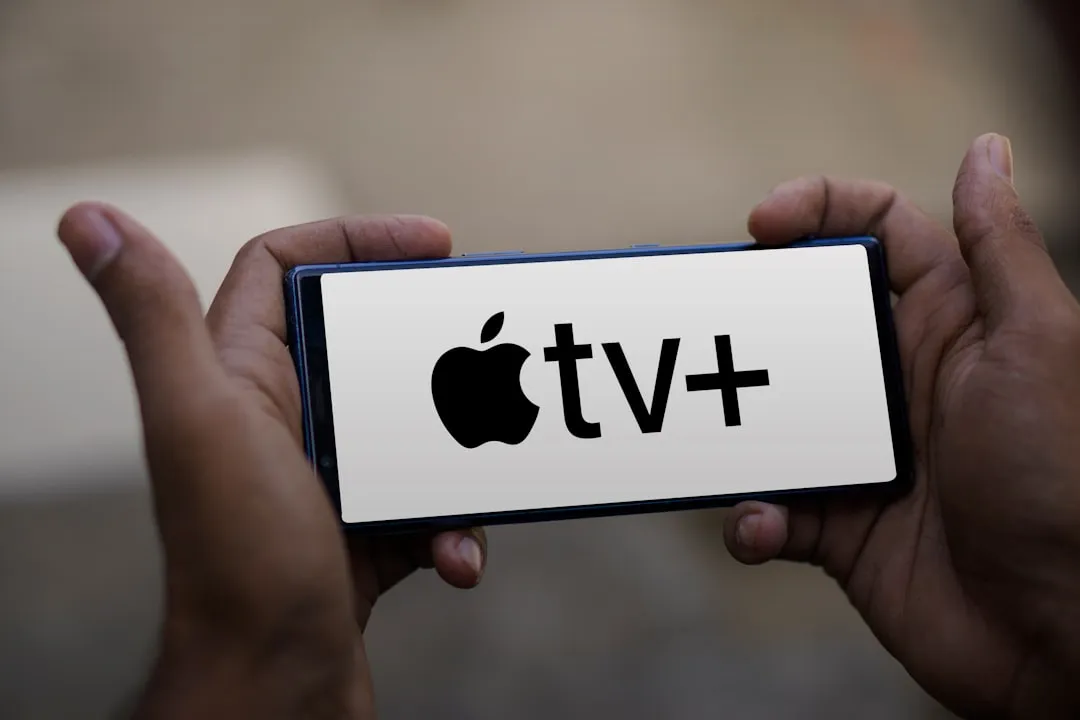

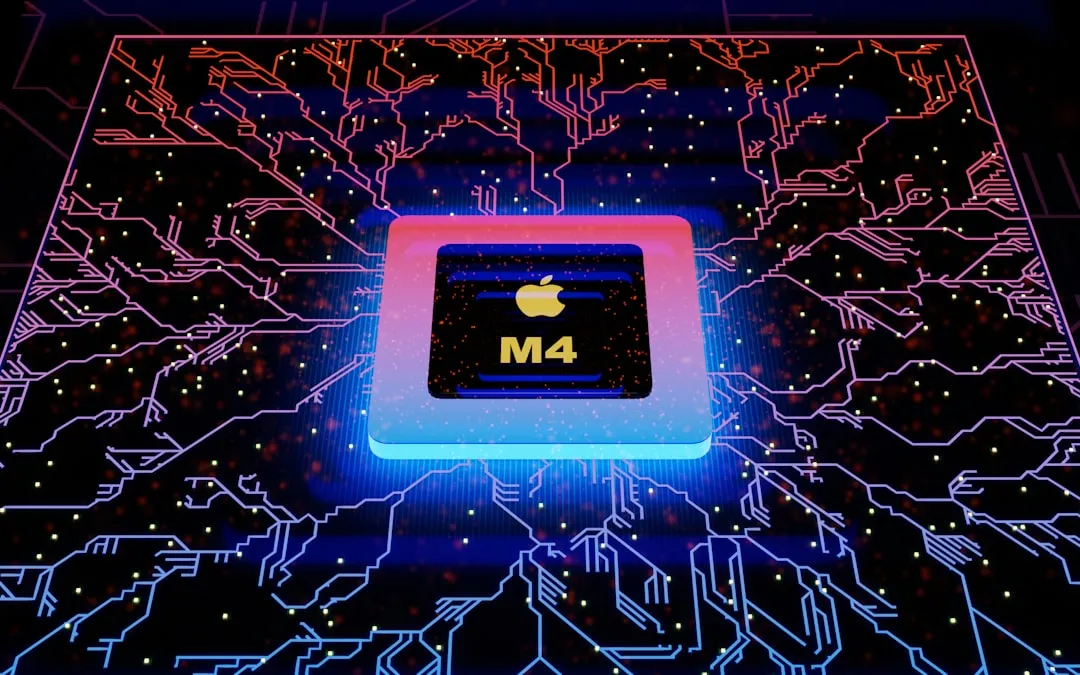
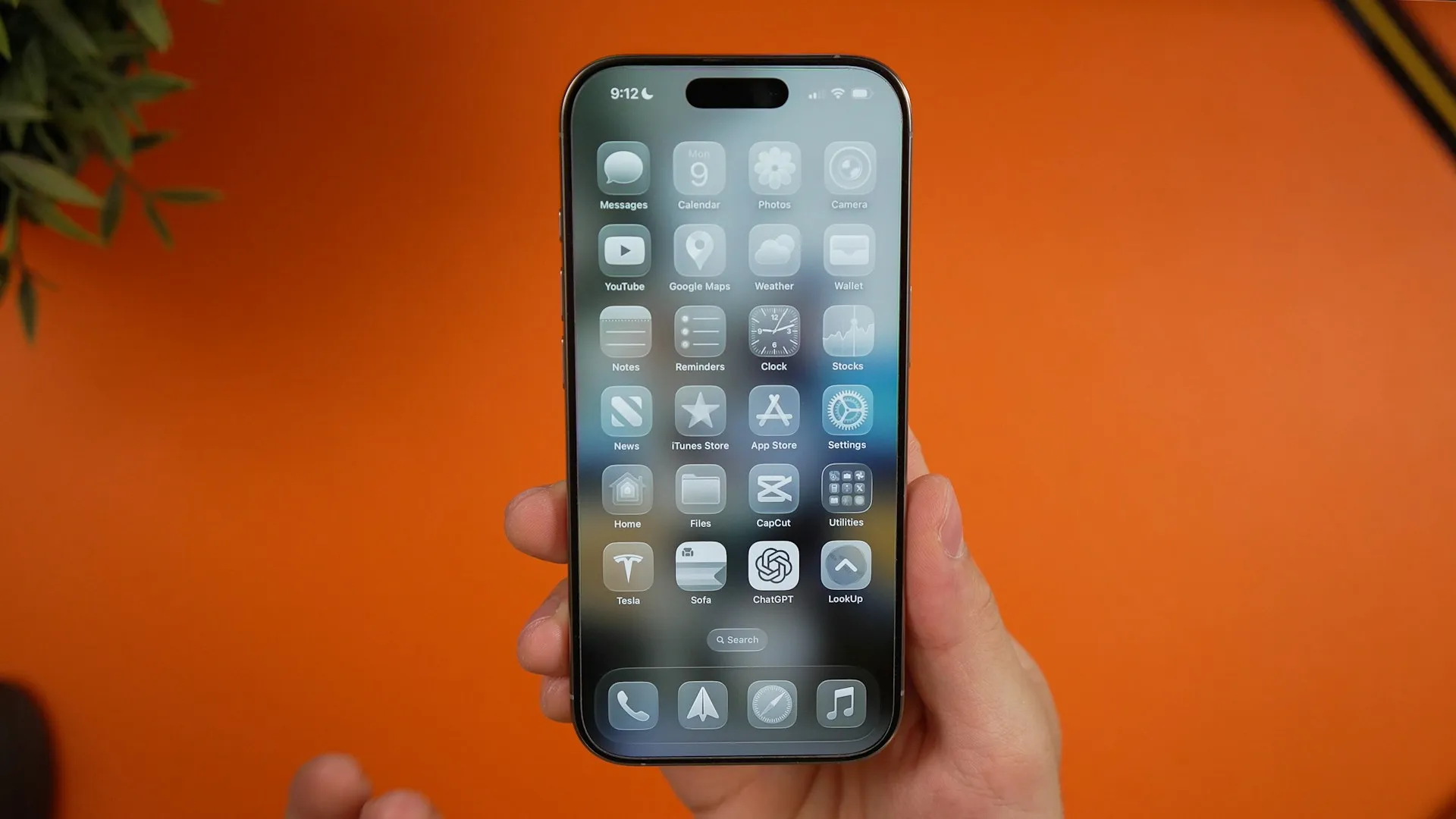

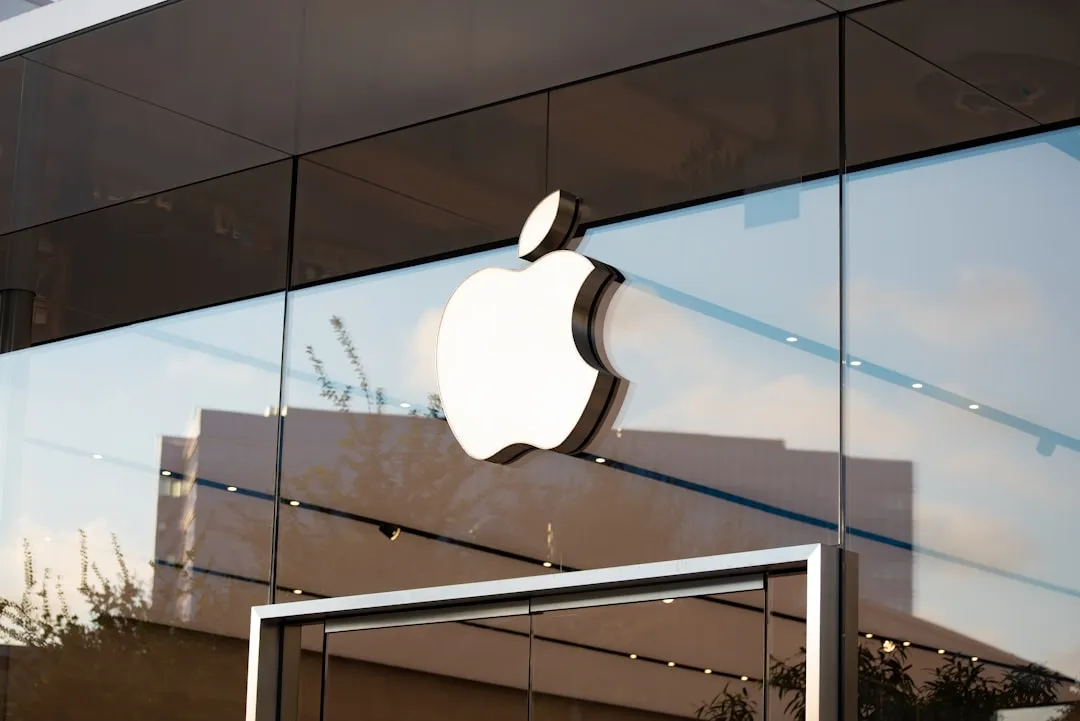



Comments
Be the first, drop a comment!